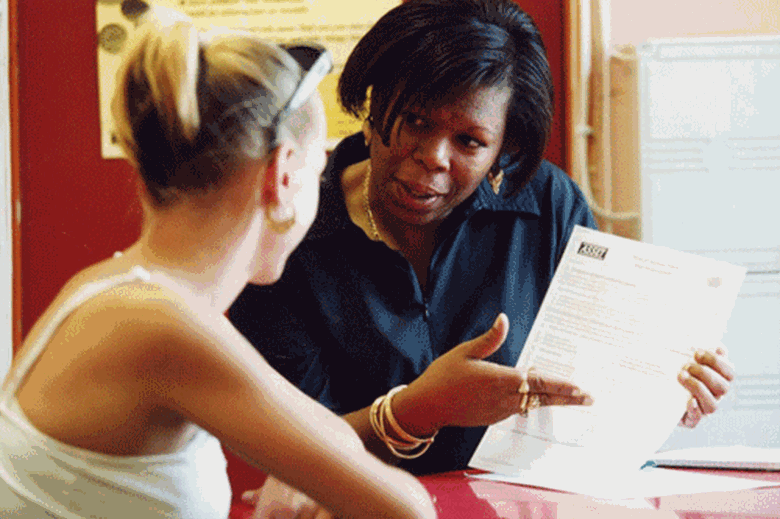Revised assessment to offer comprehensive picture of young offender needs
Neil Puffett
Friday, November 11, 2011
An assessment tool for young offenders that will forge closer links with health and children's services is set to be introduced to produce a fuller picture of the needs of children in the youth justice system.

Details of the system, a replacement for the Youth Justice Board’s (YJB) asset assessment tool, are outlined in a government response to a report by the Children’s Commissioner on the mental health of children and young people in the youth justice system.
It reveals that proposed improvements to the YJB assessment framework, following a review launched last March, include improving the "alignment" between youth justice assessments and other local assessments. The hope is that this will lead to a more joined-up approach to the needs of children in the justice system.
"It is anticipated that this will bring about benefits for local youth justice and other local services in relation to their information-sharing responsibilities," the response states.
"The proposals have been extensively tested and feature significantly improved screening for mental health and emotional needs designed to act as a gateway to (but not a replacement for) a full assessment for these issues."
The new system, for which a final decision on whether it should be adopted is due to be taken imminently, is one of a number of initiatives outlined in the government’s response to the children’s commissioner’s report of June this year.
The report raised concerns about an apparent lack of consistency and variation in the type, level and quality of measures in place to support the emotional health and wellbeing of children in the justice system, making a total of 19 recommendations.
In its response, the government dismissed a key recommendation that children in custody should be placed in units of no more than 150, as "unaffordable".
It added that calls for child-to-staff ratios in young offender institutions to be similar to those at secure training centres would be "equally prohibitive" – estimating the cost to be in excess of £100m.
However, the government did add that the YJB is aiming to expand the number of smaller specialist and enhanced units – which have higher staff ratios – across the secure estate.
A number of other initiatives to improve the state of mental health assessment and provision in the youth justice system were also outlined.
Chief among these is the planned introduction of screening and assessment tools in both custody and the community by April next year to ensure health needs are identified.
Meanwhile, a project has begun to update the training programme for staff in youth jails, known as JASP, reviewing its content including child development, risk and resilience, and consideration of issues around the health of young people in custody.
In addition, the response states that the government wants to improve speech, language and communication training for staff. In line with this, the YJB has commissioned the Communications Trust to work with the National Offender Management Service to develop a training module covering these areas.
Catering arrangements for custodial settings will also be reviewed in response to concerns raised by the commissioner that meals are not well-balanced and portions can be too small. The quality of food provided for children in custody has previously been criticised by a leading nutritionist.




